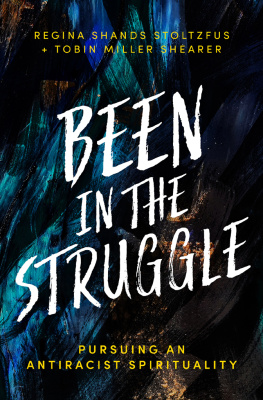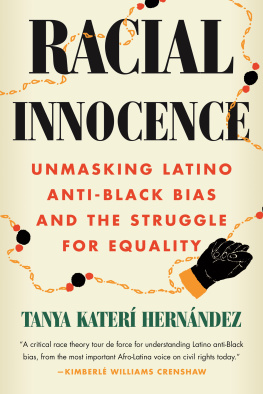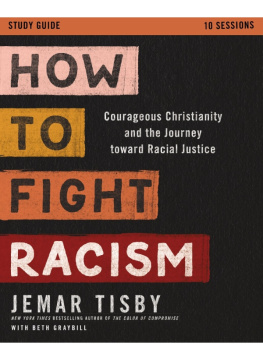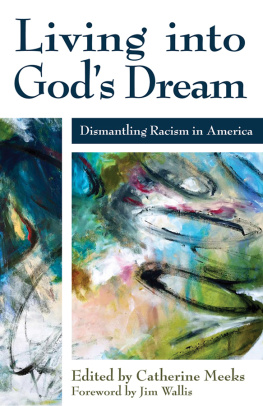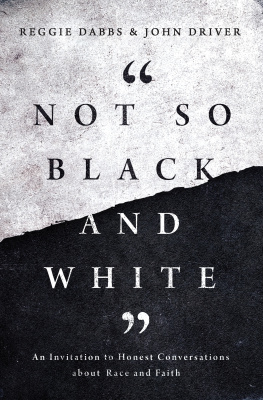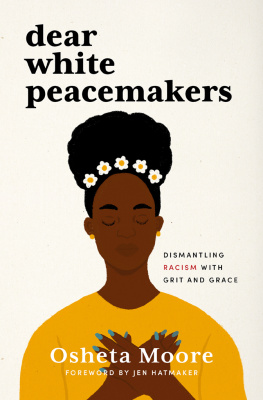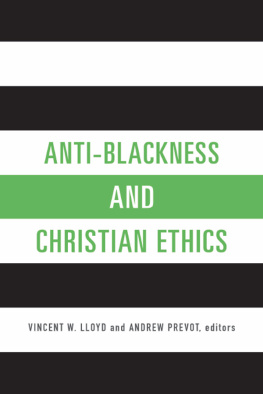Contents

Acknowledgments
W riting a book is always a collective effort. That has been particularly true in this case. We could not have conceived, written, edited, proofed, and saw this book through publication in the space of eleven months if not for the support of an excellent team.
We both want to thank our partners and families for encouraging us and believing we had it in us to write this book. Thank you Cheryl, Dylan, Zach, Terri, Matt, Dan, Rachel, and Josh.
The editorial team at MennoMedia has also been incredibly supportive. Special thanks go to publisher Amy Gingerich for inviting us to write this book in the first place, to managing editor Meghan Florian for being absolutely on top of her game, to editor Elisabeth Ivey for helping us think through the arc and structure of our text, and to copyeditor Sara Versluis for incredible attention to detail (and for catching more than one citational error).
We also want to acknowledge and offer gratitude for our employing institutionsGoshen College and the University of Montana. They provided a stable financial base while we wrote this book and excellent students with whom to explore and test out the ideas about which we have written.
And, we finally want to celebrate and express deep gratitude for the antiracist community with whom we have partnered over the years. The support of and conversations with Nekeisha Alayna Alexis, Michelle Armster, Phil Brubaker, Rick Derksen, Calenthia Dowdy, Harley and Sue Eagle, Iris de Len-Hartshorn, Felipe Hinojosa, Alex Kim, Erica Littlewolf, James Logan, Liz Song Mandell, Conrad Moore, Murray Pierce, Jeannie Romero Talbert, Lorraine Stutzman Amstutz, and so many others has been sustained, rich, and lifegiving. Thanks and thanks again to you all.
The Authors
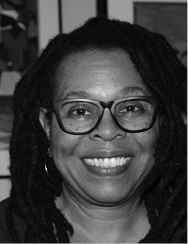
Regina Shands Stoltzfus
R egina Shands Stoltzfus was born in Cleveland, Ohio, and lived there for the first half of her life. She currently lives in Goshen, Indiana, and teaches at Goshen College in the Religion, Justice and Society department. Regina is co-founder of the Roots of Justice Anti-Oppression program (formerly Damascus Road Anti-Racism Program) and has worked widely in peace education. She holds a master of arts degree in biblical studies from Ashland Theological Seminary and a PhD in theology and ethics from Chicago Theological Seminary. She is the author of two previous books, and her many articles have appeared in publications such as Sojourners and The Mennonite . She has also written for the Anabaptist Historians blog.
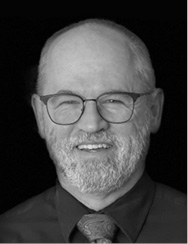
Tobin Miller Shearer
T obin Miller Shearer is co-founder with Regina Shands Stoltzfus of the Damascus Road anti-racism process (now Roots of Justice) and an award-winning professor of history and African American studies at the University of Montana. He is the author or co-author of five books and more than one hundred articles. His work has appeared in publications such as the Chicago Tribune , Conspire , The Mennonite , and Anabaptist Historians . He blogs at Truth and Grace . Tobin is also the co-founder with Cheryl Miller Shearer of the anti-racism training and consulting nonprofit, Widerstand Consulting (www.WiderstandConsulting.org).
Chapter 1
What Is an Antiracist Spirituality?
I (Tobin) knew that something was awry the first evening when we finished reiterating what we had announced in all the advanced materials. Because of the way the training experience built upon itself, full-time participation was required. We knew from experience that it simply didnt work for participants to drop in for part of the workshop, leave, and come back. Not only was it disruptive to the training experience, but those who dropped in and out invariably asked questions or made comments that flipped us back to material that we had already covered. When several participants explained that they would be attending only parts of the training, we asked that they join us at a future time and explained that it wouldnt work to attend only parts of the event.
When predominantly White institutions are in crisis, when they feel threatened and destabilized, comments and requests that might not otherwise gain the slightest notice can trigger disproportionate responses. Such was the case in this training.
Midway through the first day, when we had reviewed little more than a definition of racism that brought both prejudice and power to bear and discussed the historical roots of the idea of race itself, one group of participants had walked out of the training because we had required full-time participation and declared that we were being inflexible. Our immediate supervisora Latina womanwas closeted in a conference room with a handful of White male administrators from other parts of the organization, trying to keep them from canceling the entire training on the spot. And a smaller group of participants remained in the room having brought books, articles, and written memos to refute, interrupt, and object to the content we then attempted to provide on White privilege, White supremacy, and the twin dynamics of internalized racial oppression and internalized racial superiority.
I can remember standing in the hallway just outside the fellowship hall after doing my best to respond with some measure of equanimity and grace to a phalanx of White men who stormed up to me at the announced refreshment break to object to statements I had made about how the systems of racism in our country afford unearned advantage to those of us who are White about which we remain unaware. I glanced down the hallway to the narthex, saw the green hills of suburban Akron outside, and wanted desperately to run away. In one of the more adult things I had done up to that point in my life, I finished my lemon bar, took another sip of punch, and instead walked back into the training room.
By the time the training neared completion, only a remnant remained. The orientation leaders had given permission for the new volunteers to skip the rest of the training entirely. Many of the organizations headquarters staff simply didnt return, having become frustrated with the controversy that had already erupted. As we prepared to make our closing remarks to a group that was by that point openly hostile to anything that we had to say, an alarm began wailing in the distance.
It was a tornado warning. The sky had turned a sickly shade of green.
And so we filed out of the fellowship hall and pressed ourselves into a basement Sunday school room, where we stood cheek by jowl, uncertain of what would come next. As the sky turned even darker, so did the mood in the room. None of us wanted to be together anymore, let alone crammed together in such close confines.
At some point one of us led out in prayer. A few joined in. Not everyone. But some. I dont remember verbalizing my prayer before the group. Its possible that I did. Mostly I remember wanting it all to just be done.
The sirens eventually stopped. No tornados had touched down in our vicinity. The training was finished.
We never again completed an antiracism analysis orientation training for the staff and volunteers of the relief and development organization Mennonite Central Committee. By the fall of 2010, Damascus Road left MCC and became its own nonprofit, Roots of Justice. The seeds of that departure were sown at that tornado training.
Although the connection may not be immediately evident, this story has everything to do with defining an antiracist spirituality. The antiracist spirituality we offer in this book reminds us that if we are ever going to be successful in tearing down the mansions of White supremacy, we are going to have to move through conflict, past perceived slights, and forward to a beckoning future amid challenging conversations and events just like the tornado training. An antiracist spirituality keeps us grounded in the work that we need to do while we learn from past efforts but helps us not become defined by them. The nature of the struggle itself, the reckoning that such events require, and the measured compassion called for in response embody the best of an antiracist spirituality.

